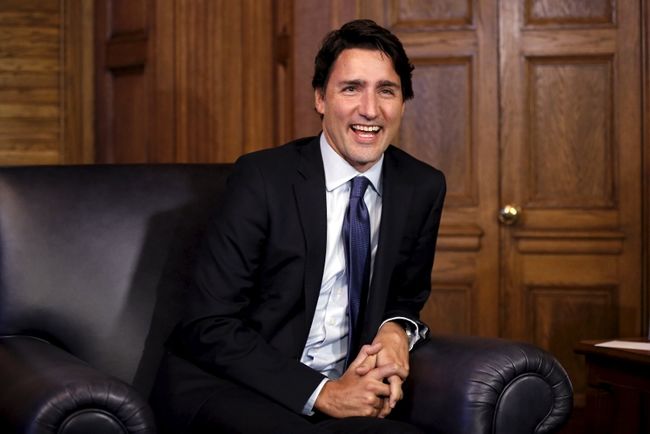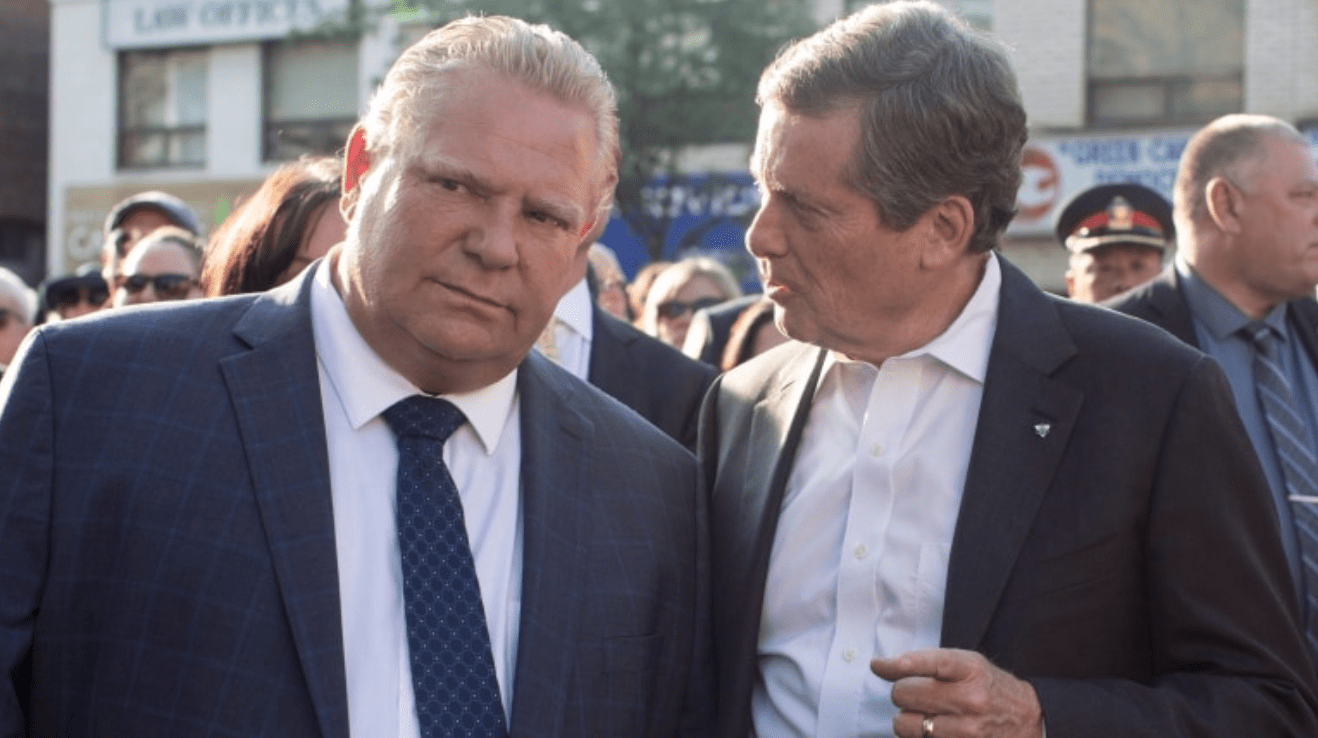I have strong hunch Prime Minister Justin Trudeau would probably enjoy his job a lot more if it wasn't for that troublesome spoilsport of governing we like to call "politics".
Politics, it seems, always has a way of messing things up.
Indeed, politics is like the neighbor who calls the cops to thwart your late night party revelry; it's like your wife, when she reminds you of your diet when you're just about to order a triple-ice-cream sundae; it's like the alarm clock that wakes up from that dream, where you're pitching a perfect game in the World Series.
In short, politics loves to knock us on the head with the club of reality.
And no politician is immune to its dream-busting ways not even the dreamy Trudeau.
Of course, for a while there, the Liberal spin machine, along with a chunk of the Canadian media, wanted us to believe otherwise; they wanted us to buy into the fairy tale narrative that, thanks to his good looks and to his rock-star-persona and to his esteemed family lineage, Trudeau was somehow beyond the reach of nasty old politics, that his "sunny ways" idealism would inevitably prevail over cynicism, and thus he'd magically transform Canada (and indeed the entire world) into a politics-free paradise of love-fueled consensus.
And just imagine what things would be like right now if that was truly the case, i.e. if the universe had unfolded in accordance to Trudeau's rosy, politics-free vision.
By now, we'd have gender-equality trade deals in place with both America and China; our provincial premiers would be competing with each other to see who could impose the costliest, most burdensome carbon tax on consumers, David Suzuki would be singing kumbaya while he watched construction begin on the Trans Mountain oil pipeline.
It'd be wondrous to behold, yes?
Yet, as all know, none of that stuff happened.
As it turns out, Trudeau is not that special after all; like any other non-good-looking, non-celebrity, non-famous-last-name, politician, he bowed to the will of politics.
And we've seen numerous examples of such bowing.
Trudeau, the one-time "post-nationalist" free trader, is now nationalistically calling upon the country to Boycott America and to Buy Canadian; Trudeau, the one-time, immigrant-welcoming, "Global Citizen" recently created a new cabinet post, ominously called, "Minister of Border Security" and Trudeau the one-time environmentalist hero, now owns an oil pipeline.
In other words, when push came to shove, (and its politics that did the pushing and the shoving) he jettisoned some of his idealistic values.
Mind you, it's hard to really blame the prime minister for any of this, because even though politics can be a mean-hearted bully, it can also be a mighty ally.
For instance, if in the next federal election, Trudeau finds himself in a tough race against Conservative Party leader Andrew Scheer, politics will offer him a way to win by weaponizing those two most powerful of human emotions hate and fear.
It'd be easy.
Just launch a few well-crafted TV attack ads calling Scheer either a dangerous, woman-hating, extreme Roman Catholic fanatic, or a sinister Donald Trump wannabe who will sell us out to the Americans, while despoiling our environment and putting handguns in our streets.
True such an approach isn't exactly idealistic, but since Trudeau has, at least to some extent, already accepted the dark embrace of politics, why shouldn't he now channel its power for his own partisan purposes?
And that's why politics is such a tempting force.
Yes, it demands we give up ideals, but, as compensation, it offers power.
That's a deal few politicians can resist.









